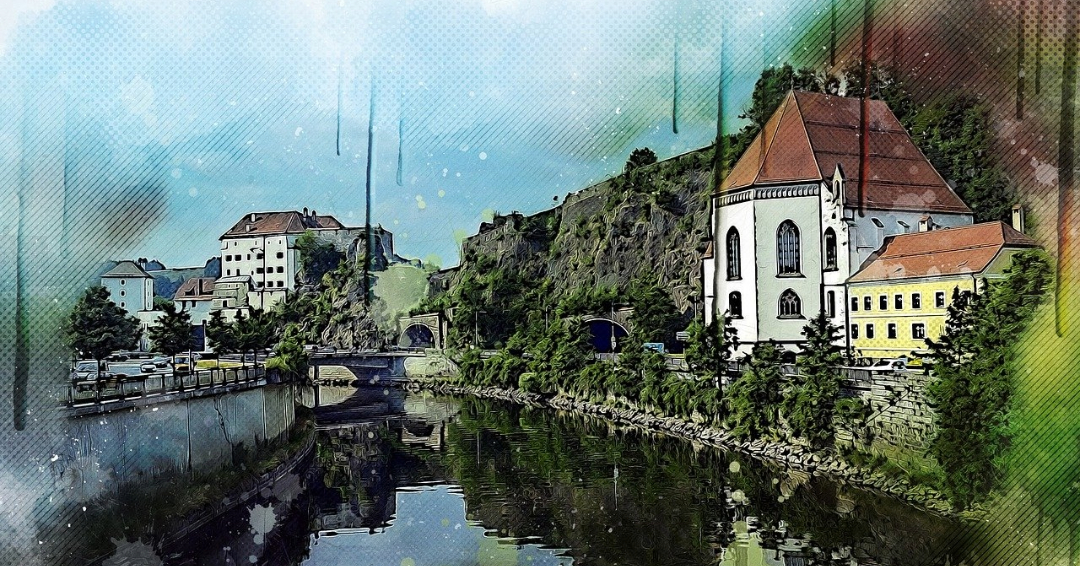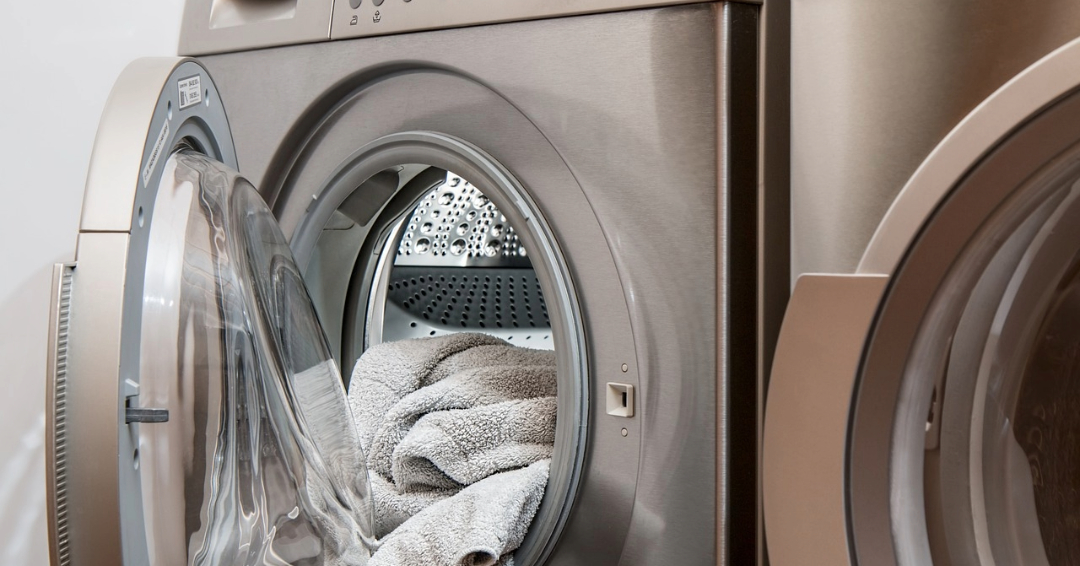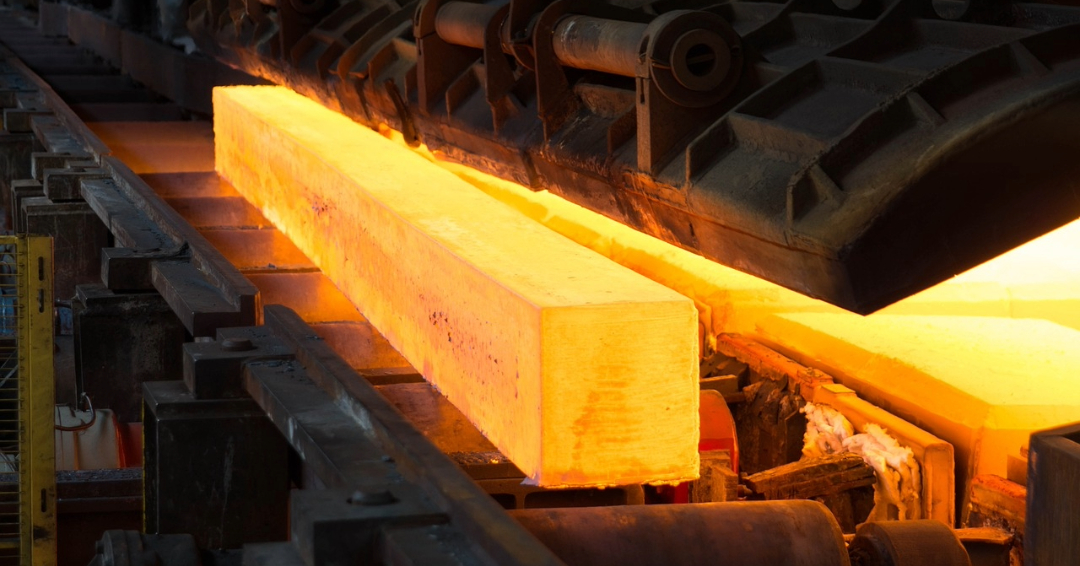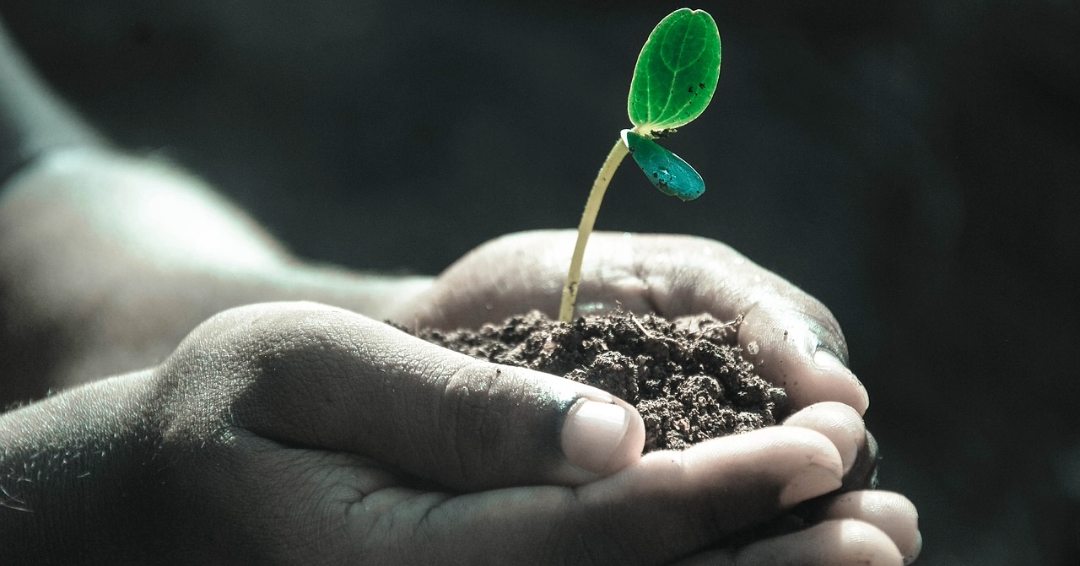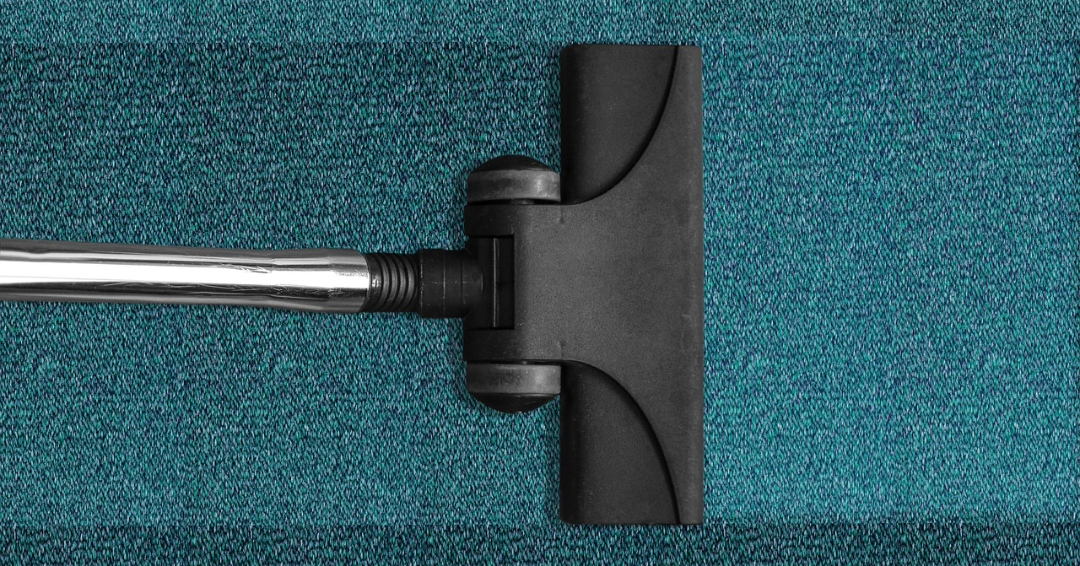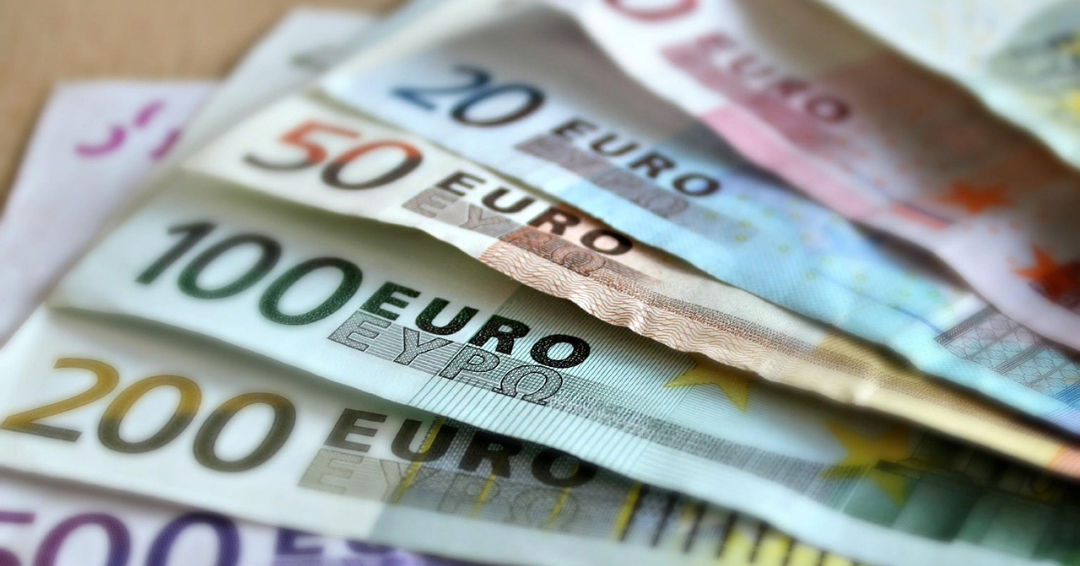Net Zero powered by Pur și Simplu Verde provides concise news, articles, and useful information about the goal of achieving net zero emissions
Net zero refers to reaching an equilibrium between emitting greenhouse gases and absorbing them. The European Union wants to reach net zero (climate neutrality) by 2050. This website publishes new scientific discoveries, local and foreign initiatives, and public policies meant to bring us closer to net zero. It was created combining Artificial Intelligence and human input from our volunteers. It is accessible in both Romanian and in English.You can send us articles you want to see published on this site or suggestions here. Enjoy!
The International Energy Agency (IEA), the global energy watchdog, recently released a report that highlights the ongoing transition towards renewable energy. The report predicts that by 2030, renewables will provide half of the world's electricity, demonstrating the remarkable progress made in expanding clean energy sources. This shift has been facilitated by countries embracing renewables and promoting the adoption of electric vehicles and heat pumps instead of traditional gas boilers. The IEA's Executive Director, Fatih Birol, emphasized that the transition to clean energy is unstoppable. However, despite this progress, the report also delivers a sobering message - the phase-down of fossil fuels is not happening quickly enough, and emissions remain too high to prevent a temperature rise above...
Research reveals that extremely hot weeks are linked to a higher likelihood of food insecurity. This connection is mainly due to reduced household income and health during such periods. The effect is more pronounced in countries with lower incomes and economies heavily reliant on agriculture or precarious employment. Two billion people worldwide face food insecurity, a problem that climate change is set to exacerbate, especially in regions already grappling with malnutrition. Excessive heat prevents work, leading to income loss and reduced ability to buy food. Such periods strain workers physically, decreasing productivity and work hours, causing economic shocks for households. For instance, female brick workers ...
New York experiences the highest urban heat island (UHI) index in the US, with its urban areas being 9.5 degrees hotter on average compared to the surrounding regions. In the 1940s, New Yorkers used floating pools in the Hudson and East Rivers to stay cool, but these were closed due to sanitation issues. With rising heat concerns, could river swimming be revisited as a way to beat the heat? The +Pool initiative aims to build a floating pool in the East River for New Yorkers to cool off. Unlike historical versions, this pool would feature advanced filtration, pumping one million gallons of clean East River water daily. Proposed in 2010, the project gains...
Southern California looked vastly different for most of the last 2.5 million years, with juniper and oak trees, open range, and diverse wildlife. Fossil evidence from the La Brea tar reveals creatures like saber-toothed cats, American lions, and dire wolves hunting mammoths and other herbivores. Humans likely arrived in the area around 21,000 to 16,000 years ago, likely via coastal routes. For several thousand more years after human arrival, the pollen and fossil records show little change, with abundant mammals. Then, between 10,000 and 13,000 years ago, there was a significant shift. Lush forests turned into scrubby brushlands and desert, and many large mammals vanished. This...
Heat pump technology, including heat pump dryers, is a crucial eco-friendly solution in addressing the climate crisis. They efficiently heat water, regulate home temperatures, and now even dry clothes, with up to four times the efficiency of traditional dryers. In Europe, they're already widely adopted. Dryers use about 7% (700 kWh per year) of an average home's electricity. Heat pump dryers capture and recycle heat from the air using refrigerants instead of creating it, making them more efficient by not venting heat outside. There are three types of heat pump dryers: 1.Heat pump dryers that use only a heat pump, are highly...
The iron and steel industry contributes significantly to global emissions, representing 11% of carbon emissions and 7-9% of greenhouse emissions. Steel sector emissions have averaged around 3.7 billion tonnes of carbon dioxide (GtCO2) annually since 2019, surpassing the emissions from all the world's passenger cars. But the industry is taking steps to become greener. A new report by Global Energy Monitor (GEM) reveals a significant shift in the steelmaking industry. Currently, 43% of planned steelmaking capacity is based on electric arc furnace (EAF) technology, while 57% relies on coal-based blast furnace-basic oxygen furnaces (BF-BOF). This is a notable change from the previous year when 33% of the capacity used ...
More than 60% of European soils are unhealthy, and the situation is deteriorating. Poor management, pollution, and climate change are major causes, leading to significant costs in terms of lost services and biodiversity. Degraded soils limit vital services like food production, carbon storage, and water regulation, impacting farmers and food quality. This strains healthy soils and hinders disaster response, climate goals, biodiversity, food security, and public health. Urgent action is needed. Unlike air and water, soils lack equivalent legal protection in the EU. The European Parliament, stakeholders, and citizens urge the Commission to create a legal framework for soil protection. The EU Soil Strategy for 2030 commits to proposing legislation in 2023, aiming to...
The global situation involves a triple crisis: biodiversity loss, climate change, and pollution, accompanied by rising worries about people's physical and mental health. Nature provides essential services like pollination and crop growth, as well as intangible benefits such as quality of life, well-being, and happiness. Access to green spaces and exposure to biodiversity-rich environments contribute to well-being. The quality of engagement with
The Biden administration plans to allocate $1.2 billion to construct the first two commercial-scale carbon dioxide vacuuming plants, aiming to combat global warming. This technology shows promise for some scientists, but skeptics view it as wasteful spending. Energy Secretary Jennifer Granholm revealed plans to finance two pilot projects for direct air capture technology.
The EU Commission is providing €3.6 billion to 41 clean tech projects through the EU Innovation Fund. These projects align with the REPowerEU Plan and aim to reduce reliance on Russian fossil fuel imports. Industries like cement, steel, advanced biofuels, sustainable aviation fuels, wind, solar energy, and renewable hydrogen will benefit from this funding. The initiative will facilitate the transition to green practices in challenging-to-decarbonize sectors of the European economy. The chosen projects span 15 EU countries (Austria, Belgium, Croatia, Czechia, Denmark, Finland, France, Germany, Greece, Ireland, Italy, the Netherlands, Portugal, Spain ,Sweden) and Norway. These projects, set to be operational by 2030, could collectively prevent 221 million tonnes of CO2 emissions within their initial decade of operation. The 41 projects...




